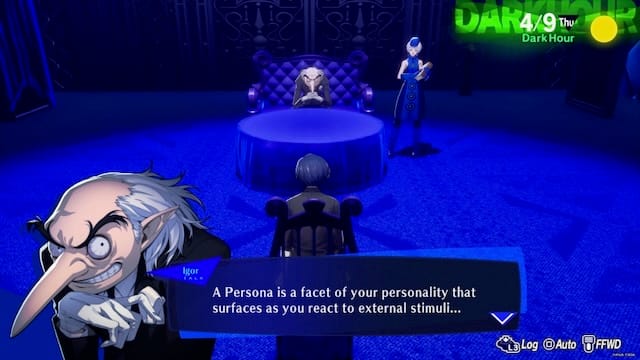Existential Pondering
I’m the correspondent here, and this little narrative exists without any required outside reading.

An excerpt from my journal writing this morning:
I’ve never been particularly good with time, but I’m finding that, since the pandemic lockdowns, my whole perception of time on the order of years is even more compromised. I feel compelled to point out that this is hardly an original thought. There were thinkpieces in the media about this. But this little space is my space. I’m the correspondent here, and this little narrative exists without any required outside reading.
When I think about my words lasting after my own death, I sometimes think about how computers as they exist currently are often a hindrance to preservation. I have so many files that are only accessible by me, and they are encrypted in transit and at rest. It is strongly likely that no one else will ever read these words that I’m writing. This is in contrast to most points in human history prior to this. Yes, type-written pages or pages written in a notebook with a pen could be lost to flood, insects, or fire. They didn’t have redundant backups spread in multiple geographic locations. But they also were readable to anyone who picked them up.
In the course of my life, I have heard so many stories about people cleaning out an old closet and finding something their parent or grandparent wrote when they were younger. It’s often a comfort to the person who found it because they see that their now deceased relative was a full person with a complex mind and often a witty personality. That’s simply not going to happen with my text files living on my encrypted iCloud Drive. If I don’t bother to publish this or export it, it might as well have never existed once the person capable of providing passphrases can’t do so anymore and once this sack of meat can no longer provide biometric data. Someone will reformat this computer to give away. Once we stop paying Apple because my credit card is gone, they will delete these bits. It’s just going to be gone. These little glyphs, typed into a thinking rock by a hairless ape in defiance of entropy, will we swallowed by entropy nonetheless. The house always wins. Order always descends into chaos eventually. しょうがない。
Of course, I could also just paste these words into my blog, putting it out on the public internet. Web spiders would gobble it up and index it. Hell, in defiance of my desires, some generative AI corporation will probably gobble up my words and use them unknowingly and uncaringly the next time someone asks for a response to be written in a “style like a wordy English professor” or something similar. Ultimately, entropy still will win, but it delays the inevitable a little longer.
It takes an act of will though. I have to believe that these words are worth sharing. I have to shift—at least in some small way—from writer to editor and then further to critic in an attempt to evaluate whether this text snippet is worth sharing and therefore preserving. I become in that moment both performer and audience, and my writing changes. As a young person, I wrote in a very confessional style on the internet. I disclosed things about myself that were raw and (in many cases) inadvisable, but contrary to what I thought about my process, I was still never actually sharing private thoughts with the public. The very act of writing for intended publication presupposes a shift to writing for a public perspective. Even if you’ve made a habit of journaling every day and then after the fact you’re publishing portions of your unedited writing with the world, the very act of curation is itself a form of accounting for the audience.
And so what is the point I’m hammering at here (if indeed there needs to be a point)? Ultimately, there exists an entire class of my writing that is likely to die alongside me. It is my private writing, written in the shadows of the early morning with no intent to share. It is written with an audience of only one in mind, and it’s where I process the world and come to understand my own thoughts. I will say that it might surprise people how similar that private voice is to the professorial tone I adopt in public writing. I have relatively few affectations in my writing and in my speech. I write the way I think, and I largely think like your least favorite university English professor.